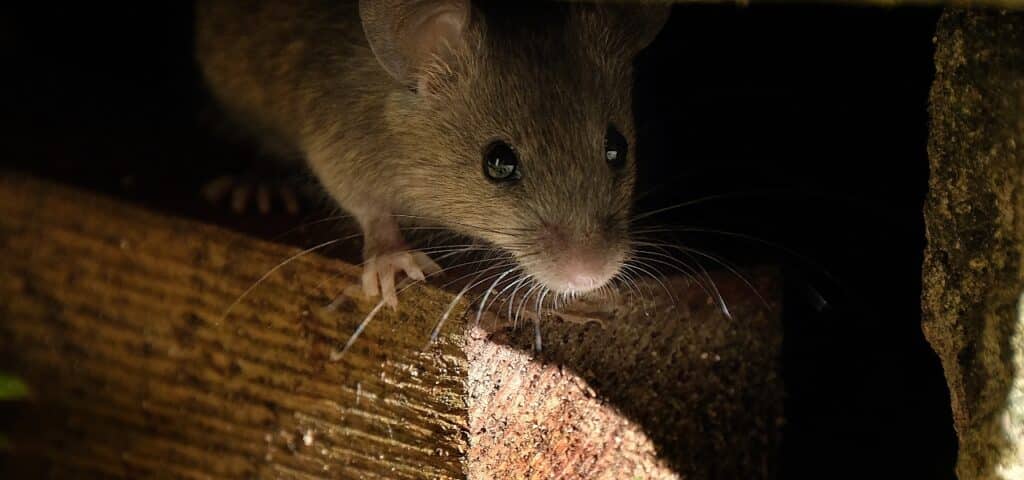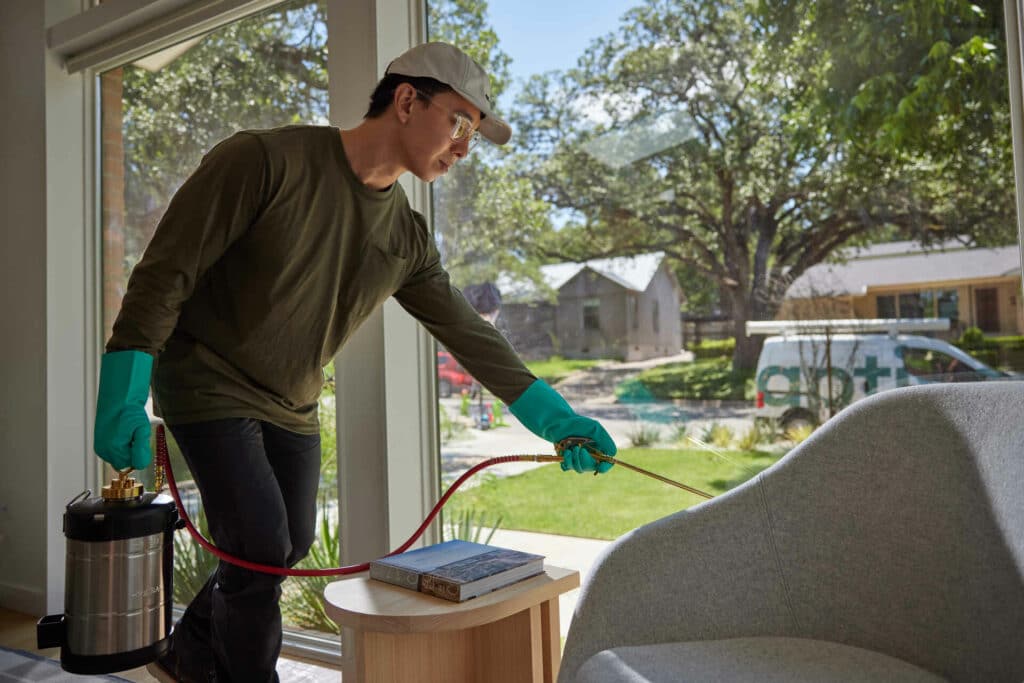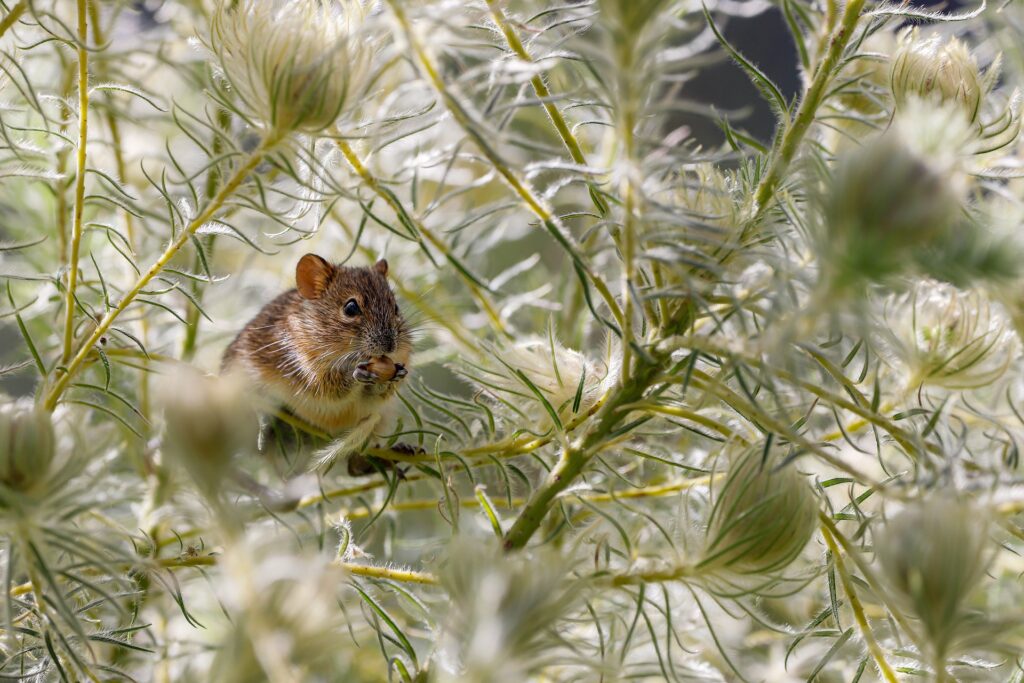Discovering that a rat or mouse has chewed wires behind your refrigerator can be alarming. Such rodent induced incidents pose a fire hazard and signal an unwelcome pest presence in your home.
In this article, we’ll explore how to identify whether you’re dealing with rats or mice, understand the implications of their damage, and what steps you can take to address this problem.
The Risks of Chewed Wires Behind Your Fridge

Chewed electrical wires are a serious safety concern. Rodents such as rats and mice have teeth that grow continuously, compelling them to gnaw on hard substances to keep their teeth sharp and short. Electrical wires are an ideal chewing material. Unfortunately, this behavior can cause the protective insulation to strip away, leading to short circuits which increase the risk of fire.
It’s important to be aware of the other risks posed by rodents lurking behind large appliances like your fridge, too. They can also contaminate food surfaces with harmful pathogens.
Rat or Mouse?

You can often determine which rodent is behind the damage by examining the size and characteristics of the chew marks.
Rats are larger and have stronger jaws, which can create more prominent, jagged chew marks compared to the smaller, cleaner nibbles typically left by mice. Moreover, rat chew marks are often accompanied by larger droppings, roughly the size of a grain of rice, whereas mouse droppings are smaller and more pointed.
Another indicator is the size of the openings they create to gain access to your home. Mice can squeeze through holes as small as a dime, whereas rats can enter through openings as big as a quarter. Observing the size and location of these breaches can provide additional clues about your uninvited guests.
Identifying Pest Damage
Listen for noises such as scratching or scurrying in the walls, especially at night when these creatures are most active. Look for greasy rub marks along baseboards and walls, where rats might leave dirt and oil from their fur. In contrast, mice are known for creating nests from shredded materials such as paper or fabric.
Inspecting for footprints or tail tracks in dusty environments can also help determine the type of pest you are dealing with. Setting up a thin layer of flour or talcum powder near suspected entry points overnight can reveal tracks that will help identify the intruder.
What to Do Next
Once you’ve identified signs of rodent activity, immediate action can prevent further damage. Begin by unplugging and moving your refrigerator to inspect the damage thoroughly. Secure any exposed wires and cover up any entry points using steel wool or caulk to deter future gnawing. Cleaning the affected area is vital to remove the scent marks that attract other rodents.
While these steps can provide temporary relief, ensuring a long-term solution typically requires professional intervention. This brings us to the importance of contacting local pest control experts.
When to Bring in the Pest Control Pros

Professional pest control services are equipped to handle infestations efficiently, using strategies tailored to whether you have a rat or mouse problem. Experts can offer more robust solutions, such as setting traps, applying rodenticides safely, and suggesting preventative measures to keep rodents out of your home.
If you’ve noticed chewed wires or other signs of rodents in your home, don’t wait for the problem to escalate. Reach out to us at Aptive for a professional evaluation and effective pest control solutions. Taking action now can protect your home from further damage and ensure the health and comfort of your household.









